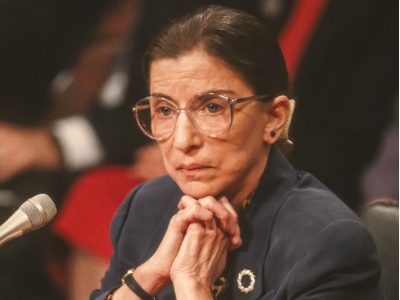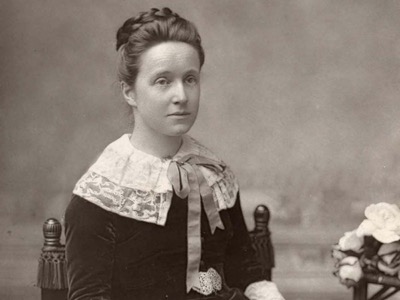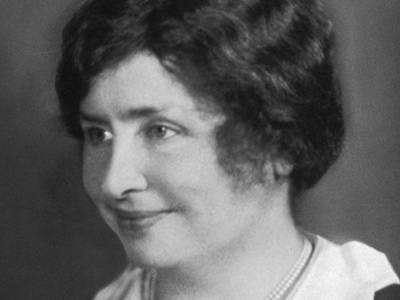As we progress through March, the month of Mother’s Day, and International Women’s Day, many people are reflecting on the women who have made a difference to them, and to the world.
They are speaking about role models who’ve created a legacy of greater equity and positive change for the next generation.
It’s a great opportunity for organisations to shine a light on their work supporting women in the workplace, and to demonstrate how they continue to root out any bias in their processes and culture.
Over the last four and a half years, GoTitleFree™ has challenged businesses that demand that customers select a marital status title, and insist on using ‘Miss’, ‘Mrs’, ‘Mr’ and ‘Ms’ in their communications.
The campaign and petition launched because gathering title data gives organisations a piece of information about women that they can’t possibly get from a man and his title. They’re unproven to be at all necessary, and the ‘title’ box with the red asterisk at the top of so many forms is becoming inappropriate in a world where six million people are stating their pronouns on LinkedIn.
Many may say that women already have title equality because we have ‘Ms’, however, the title ‘Ms’ has been proven not to be a solution to the “Are you a Miss or a Mrs?” question, or an equivalent to ‘Mr’ for several reasons.
When Sheila Michaels popularised the title ‘Ms’ in the 1960s, she put pressure on those doing business in the English-speaking world to start addressing women in an equal way to men.
Tired of being defined by her marital availability, she started to use ‘Ms’ instead and campaign for the addition to the list of options given by companies and government departments.
Sheila was assisted by Gloria Steinham who launched and published Ms magazine in 1971 and also gained traction for what she called her ‘timid eight-year crusade’ on a radio show.
Hundreds of thousands of women now use the title… although we don’t quite know how many, for a couple of reasons:
- Title data is not collected by ONS.
- Titles are not part of a person’s legal identity – they are purely social.
It doesn’t take a long and hard search to find conflicting advice on how and when we ‘should’ use the title ‘Ms’, or how it’s pronounced, and many women who use it spoke to GoTitleFree about their frustrations at being incorrectly assumed to be gay, single, older than they are, widowed or ‘over-assertive’.
Adding more options to the list of titles in the drop-down boxes only creates confusion, further categorisation, and therefore division.
We don’t even use titles with colleagues, proving that being formal and polite should not mean reliance on titles, or on ‘sir’ and ‘madam’. – The ‘title-free’ world already exists in many countries and places!
As the Founder of GoTitleFree, I feel very proud to continue the work of Sheila Michaels and hope that one day we achieve marital status title equity and freedom. She is definitely my role model as one of the pioneers of title freedom.
She wasn’t wrong to introduce ‘Ms’, but perhaps she was over-optimistic that it may one day replace ‘Miss’ and ‘Mrs’ in the options people are given when asked to complete application and registration forms.
For women who don’t want to be defined by marriage, and for anyone who doesn’t want to be defined by gender, the world of titles has actually become trickier since Sheila Michaels’ campaign began.
In the 1960s, a correction or amendment to a title would have simply meant the extraction of a piece of paper from a filing cabinet, a crossing out, or a re-type, and then the new version replacing the old.
Now we are at the mercy of data channels, and the identity we want not being in the list.
It may hopefully soothe the worries of sceptics if we were to assure them that the GoTitleFree campaign is not about fighting against the institution of marriage, or demanding that anybody who wishes to have a title shouldn’t have that identity. Just that companies stop demanding titles and using them in the way that they do.
We know it takes bravery, persistence and patience to push against the request and to demand change, but the correction is so important in order to achieve gender equity and a kinder world for all.
Happy Women’s History Month to all!
 About the author
About the author
Stella Sutcliffe is Founder of GoTitleFree and Diversity & Inclusion Leader at WiHTL and Diversity in Retail.









